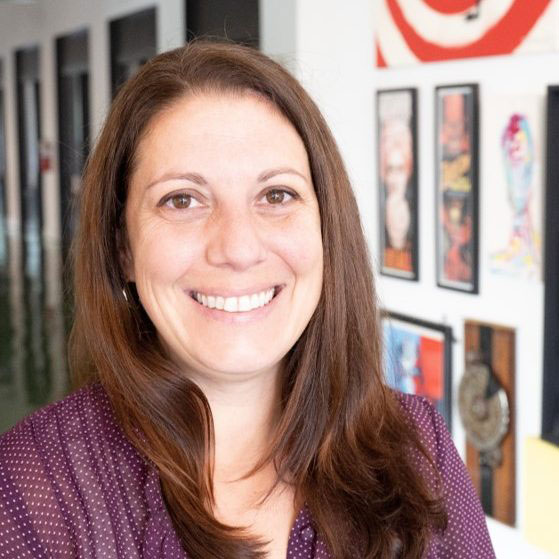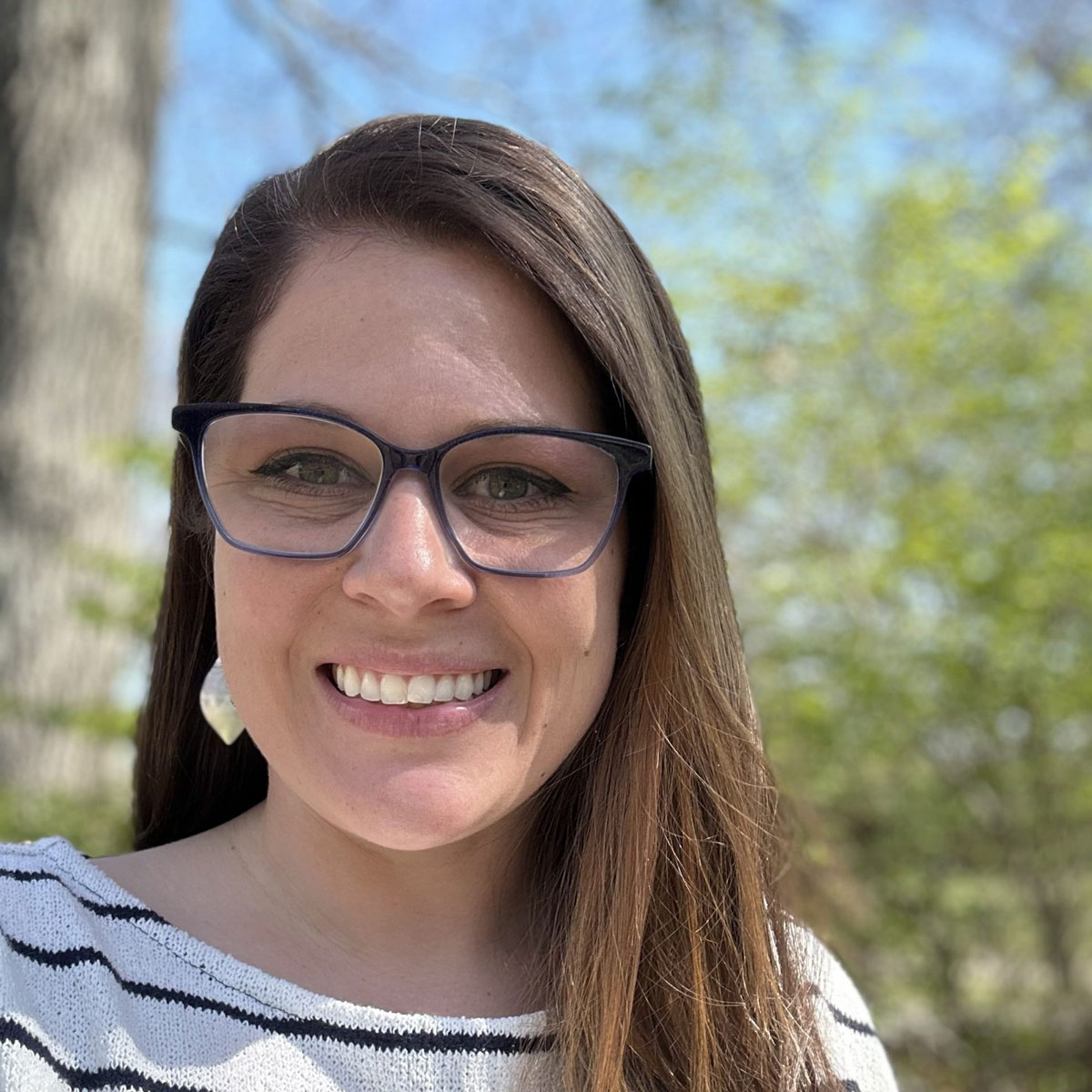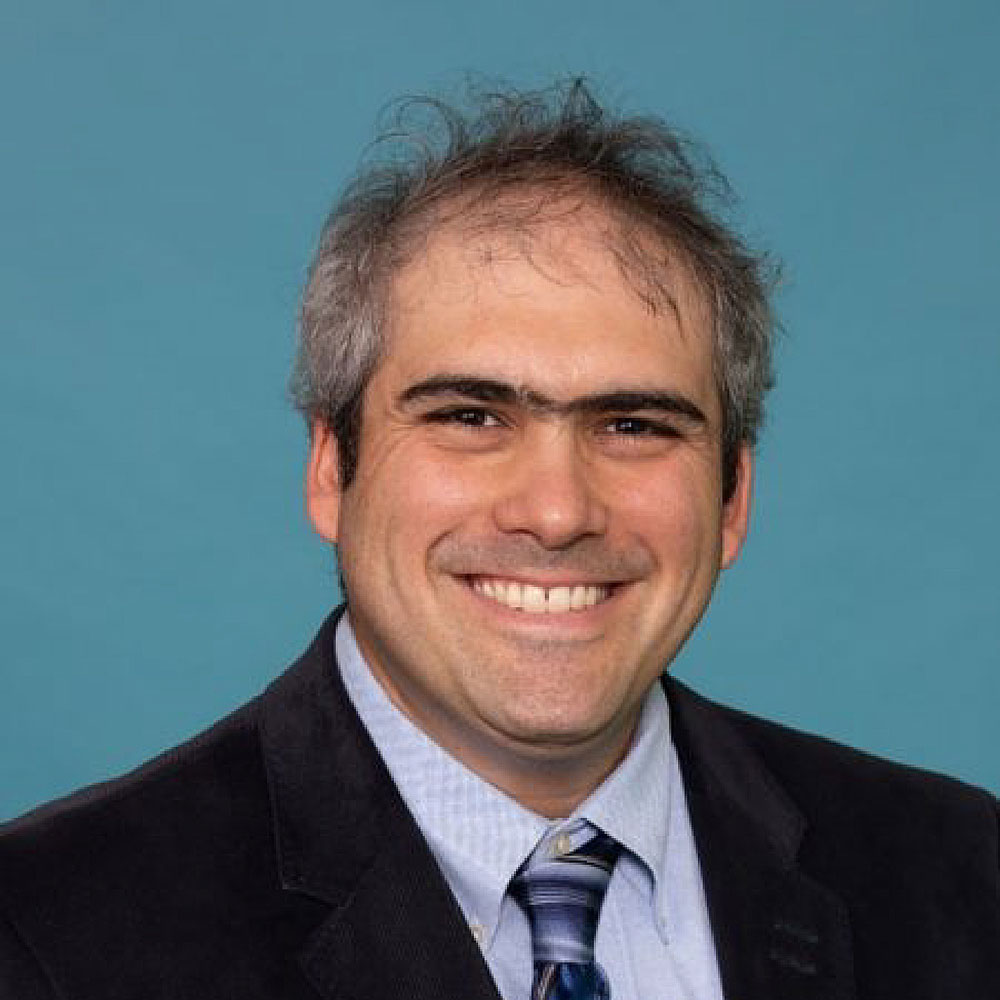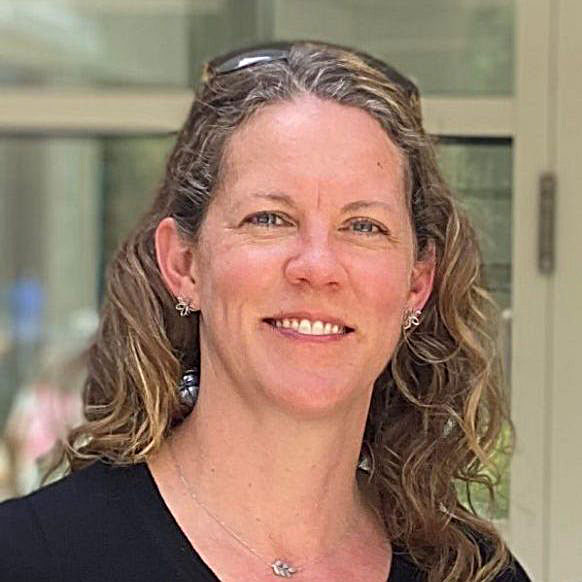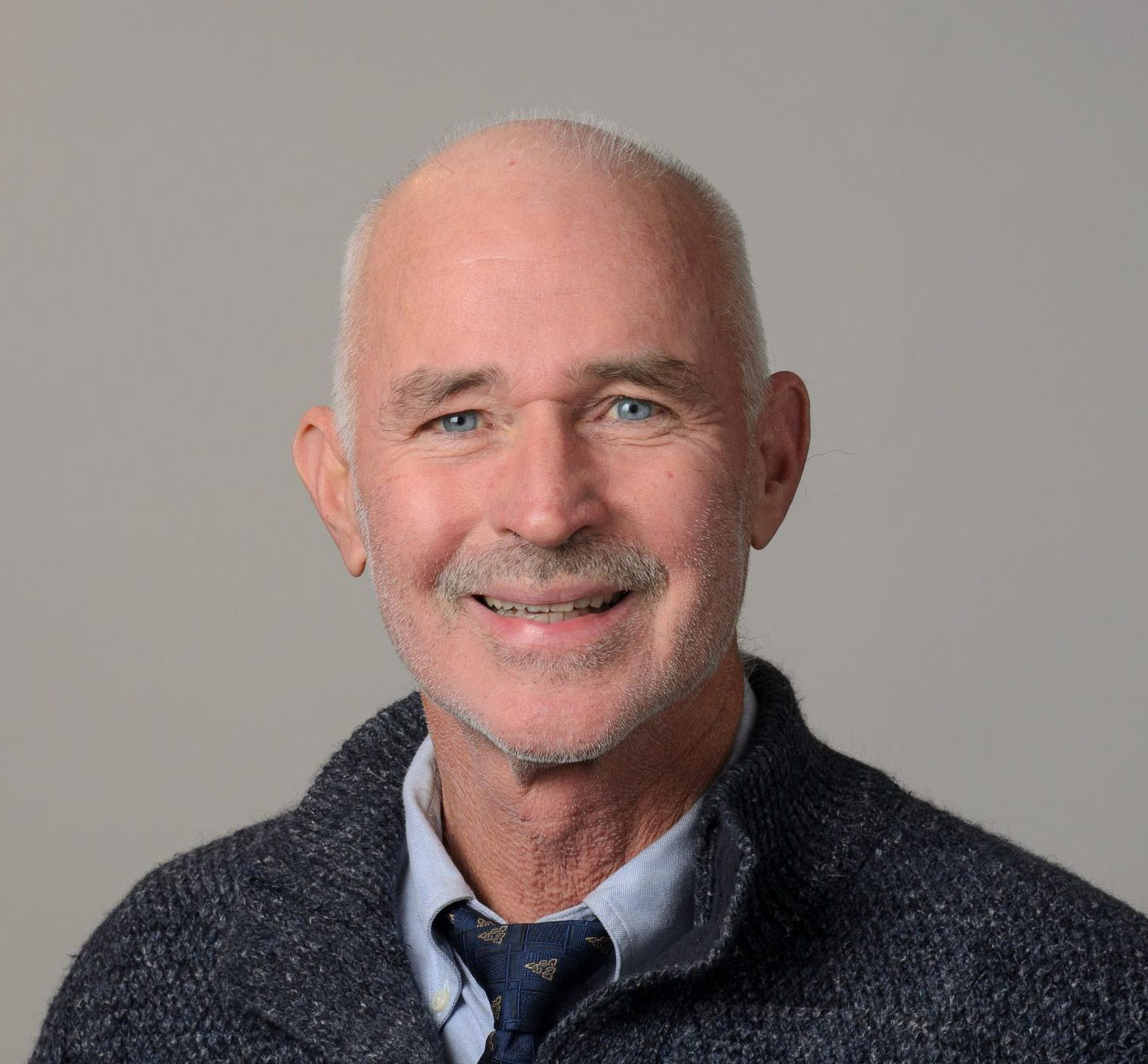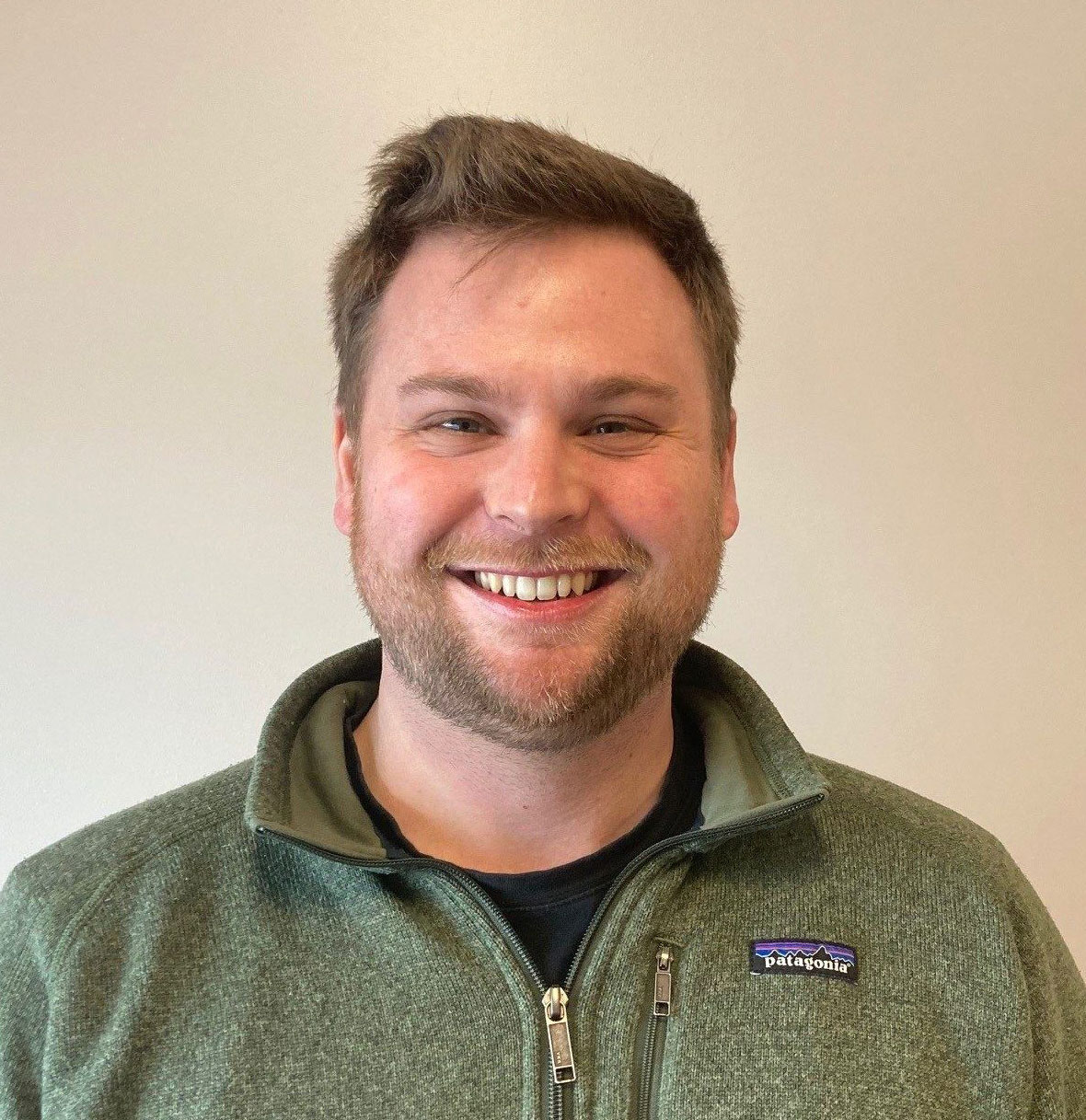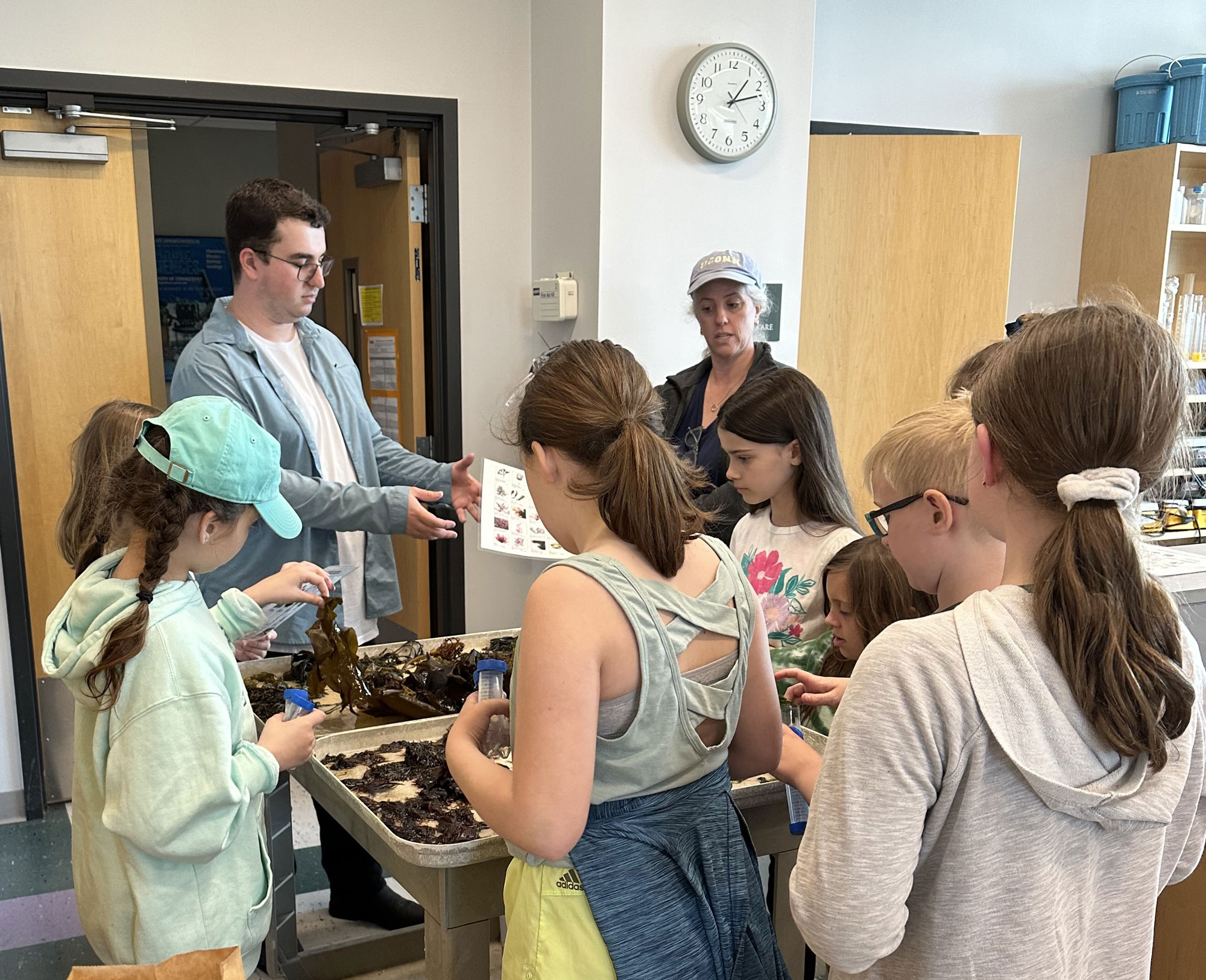By Ewaldo Leitao
Thanks to the tremendous efforts of our esteemed researchers, the University of Connecticut now hosts the Connecticut National Estuary Research Reserve (NERR). The NERR System is a network of 30 coastal areas designed to protect and study estuarine ecosystems. The NERR System is a program of NOAA (National Oceanic and Atmospheric Administration), and recently Connecticut was added to this group. These reserves serve many purposes, and Long Island Sound is a large economic contributor and recreational area. Considering the importance of coastal and estuarine ecosystems, the Connecticut Reserve is an important program that fosters management guided through information collected by scientists. Some of the sites selected include Bluff Point and Haley Farm State Park. You can read more about it here.
While the initiative and leadership was spearheaded by Prof. Jamie Vaudrey within the Marine Sciences Department, the office now counts with many new names and faces. You will find them located in offices on the second floor. But we want to make sure to give them all a proper welcome! You can find their full bios and contact information here.
Jamie Vaudrey - Research Coordinator - CT NERR
Jamie is a marine ecosystems ecologist and modeler, interested in the impacts of humans on coastal waters. She received a B.A. in Biology with a minor in Philosophy from Wellesley College, MA; moved on to study environmental education in the Florida Keys, then in Oregon; then on to graduate school at the University of Connecticut. Jamie was the UConn lead, shepherding the establishment of a NOAA National Estuarine Research Reserve in Connecticut and is currently the Research Coordinator for the Reserve. Jamie is also involved with EPA’s National Estuary Program, serving on the science advisory committees of the Long Island Sound Study and the Narragansett Bay Estuary Program. You can learn more about her research interests by visiting her website: https://vaudrey.lab.uconn.edu/. Her favorite reserve is the Mumford Cove! “I first ‘met’ Mumford Cove as a graduate student, 24 years ago – the study location of my dissertation. In 1999, eelgrass was just starting to recolonize the Cove and I had the opportunity to document the progress of its return, working with a team of fellow grad students and undergrads who are still some of my best friends today. Amazing how much a small Cove has to teach, and how many opportunities it provides!”
Larissa Graham - Education Coordinator - CT NERR
Larissa has worked in the environmental field for nearly 15 years, sharing science-based information with a variety of coastal audiences. She worked for the New York Sea Grant as the Long Island Sound Study Outreach Coordinator, and for the Mississippi-Alabama Sea Grant, the Grand Bay National Estuarine Research Reserve, and, most recently, the Student Conservation Association as the Alabama and Mississippi State Director. Larissa is looking forward to settling back into her New England roots. She spent a lot of time boating and fishing with her family as a child, which fostered her love for the Sound.
Ashley Hamilton - Research Assistant - System Wide Monitoring Program (SWMP)
Ashley graduated from the UConn Avery Point community with a B.S. in marine sciences, and completed a master’s degree from the University of Rhode Island, where her research focused on the impacts of anthropogenic stressors to commercially important bivalve species. Since 2016 she has worn various hats in the shellfish and seaweed aquaculture industry, including farm hand, hatchery production and researcher. Ashley is excited to guide the next generation of undergraduate researchers. Ashley shared that her “NERRdiest” thing is to get tattoos of the organisms she works or studies, which includes a (scientifically accurate!) anatomical eastern oyster. She shares: “Next on my wish list is a blue mussel shell in celebration of finishing my thesis, and I can see some marsh plants and critters in my future as I venture into the CT NERR monitoring program!”
Jason Krumholz - Stewardship Coordinator - CT NERR
Jason is an Associate Professor at UConn and the Stewardship Coordinator for the Reserve. In this role, he helps to facilitate resource inventory, conservation, and restoration goals in concert with federal, state, and local partner organizations as well as contributes to scientific research, outreach, and education efforts at the Reserve. He served with NOAA’s Northeast Fisheries Science Center as the Liaison Ecologist to the Long Island Sound Study, where he worked with a wide range of partner organizations at the interface of science and policy on several efforts to improve the transmission of scientific data into management. He is the Chief Scientist for two small non-profits; The Reef Ball Foundation, which uses designed artificial reef technology to facilitate coastal restoration, and Slow No Wake, which works on marine debris removal and education in the recreational fishing sector. He is also a founding board member of Remote Ecologist, a non-profit organization designed to remove the barriers to participation faced by independent and unaffiliated research scientists. Jason recounted that once he got roped into diving off of Pine Island to collect green crabs in the middle of the winter for a colleague. "It was so cold that ice was literally forming on our gear. It was one of those moments that was pretty miserable at the time, but the memory of it is somehow very positive… one of those moments where you realize that if you like what you do enough to do THIS, then you’re probably going to really enjoy doing it for the rest of your career.”
Katie Lund - Coastal Training Program Coordinator - CT NERR
Katie joins the Reserve from her previous position at UConn’s Connecticut Institute for Resilience and Climate Adaptation where she led engagement activities and managed municipal and research grant projects to increase resilience of Connecticut’s communities to the growing impacts of climate change. Katie has worked for over 20 years on a variety of coastal management topics – including the Northeast Regional Ocean Council and Long Island Sound’s marine spatial plan and the Massachusetts Office of Coastal Zone Management’s special area management. Katie holds an M.S. in Marine Resource Management from Oregon State University. “One of my favorite memories of the Reserve is the first walk I did on Bluff Point with my kids when they were very young”, shared Katie. “After we’d gone a couple miles and they were ready to turn around, I saw a small side trail to the right and convinced them to try it. We popped out onto a beautiful beach…such a surprise – I had no idea there was such a BIG and quiet and beautiful beach as part of Bluff Point. Over ten years later, I now work for the NERR and this beach is part of our new reserve!”
George McManus - Interim Manager and UConn Center Director - CT NERR
George is a biological oceanographer. He received his PhD from Stony Brook University and worked at the Cary Institute of Ecosystem Studies, the University of Maryland, and the Dauphin Island Sea Lab before coming to UConn, where he has taught for 28 years. His research is focused on microbial plankton, including bacteria, phytoplankton, and ciliated protozoa, documenting their diversity and distributions in the coastal ocean. He is currently serving as the Interim Reserve Manager and Center Director. One of his fond memories of the Sound is when he was fishing with his son and a seal popped up next to the boat with a fish in his mouth. “We just stood there watching and marveling at this bit of the food chain taking place before our eyes”, said George.
Sam Stadnick - Fiscal Officer - CT NERR
Sam joins the Reserve as its Fiscal Officer after working in the Connecticut House of Representatives where he assisted elected officials with their constituent service and legislative responsibilities. He is thrilled to use his experience in public affairs to protect the natural areas of Eastern Long Island Sound and the Lower Connecticut River Valley where he has been a longtime hiker and boater. Sam is also very proud to return to UConn, where he graduated with a B.A. in Political Science. Sam mentioned that: “When fishing near Millstone Point with my father, we would often catch Tautog, or blackfish – one of the most beautiful (and delicious) fin fish in Long Island Sound. The rocky outcroppings that lie off of Millstone Point provide great habitat for the fish and great recreational fishing opportunities.”

